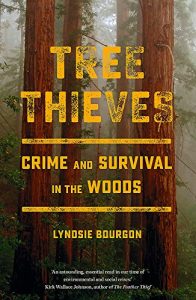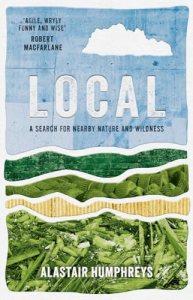3.5 out of 5 stars
The publisher provided a copy of this, free of charge, in return for an honest review.
According to some people we have many more than five senses, with some even suggesting as many as 33! As far as I am aware I only have the five, sight, hearing, touch, taste and smell, though my wife would disagree with the hearing sense sometimes.
At the moment they all seem to be working. I don’t have the strongest sense of smell, but the thought of losing even that does not appeal at all. Thankfully when I had a dose of COVID, I had no symptoms and could still taste and smell ok. When Paola Totaro caught covid in March 2020 she lost her sense of smell and her world changed forever.
It took a long while for it to return too and she had to retrain her brain and nose to smell again. It also prompted her to learn about this sense we take for granted. It turns out that COVID had given her anosmia, but thankfully hers was only temporary, unlike 1 in 10,000 who are born with it. She digs deeper into those that suffer from this illness and also a parallel illness called parosmia where they have smell distortions and things never smell quite right, the scent of coffee and poo are often associated with this.
This fascinating book does what all popular science books should do, take a subject that you know little or nothing about and makes you want to read more about the subject. I liked that she blended personal anecdotes with solid science, it adds depth to the narrative and for me the personal angle really worked when she expands from personal experience into the research behind it. If you want to understand a little bit more about the sense you probably think about the least then this is a good place to start.















Recent Comments